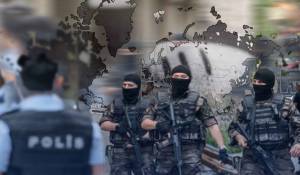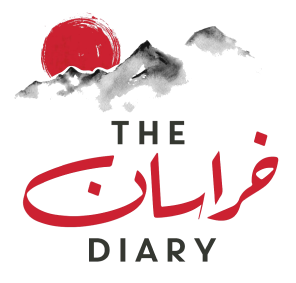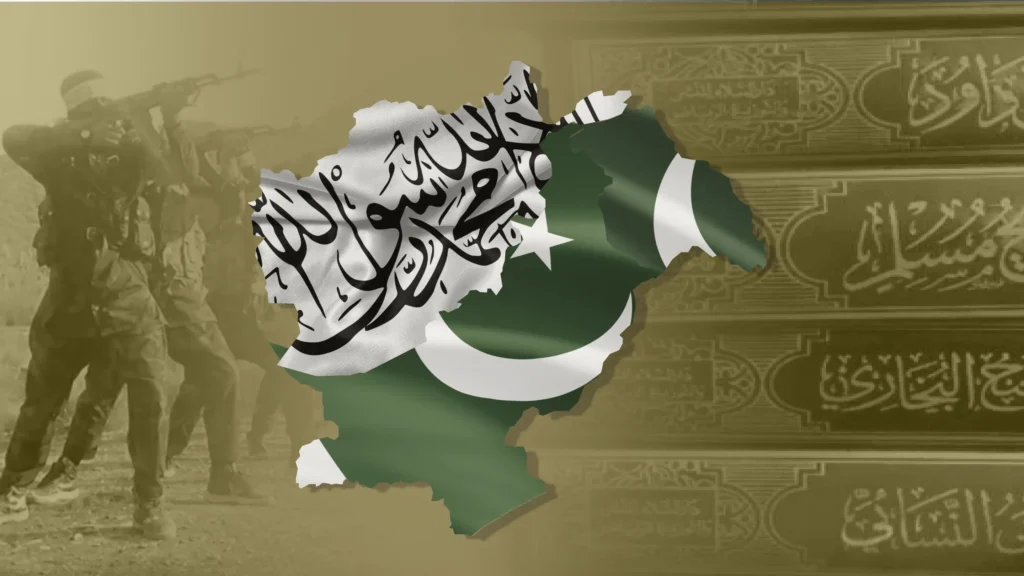
Ihsanullah Tipu Mehsud

March 03, 2026

The recent Fatwa (religious decree) attributed to the supreme leader of the Afghan Taliban, Sheikh Haibatullah Akhunzada, has made headlines across major Pakistani news outlets, drawing analysis and opinions of religious scholars, politicians, defence analysts, and even former senior military officials, both in print and electronic media. The narrative that was being built was implicating that the decree urges the Pakistani Taliban, or the Tehreek-e-Taliban Pakistan (TTP) to shun their two-decade-long “Jihad” in Pakistan as it is against the principles of Shariah.
A day after, the spokesman for the Afghan interim government, Zabihullah Mujahid, came up with a clarification, denying that the Fatwa had been issued by their supreme leader. He argued that it was actually issued by the Darul Ifta, which is a Taliban-run Institute of Islamic Jurisprudence.
“The document, a pamphlet which explains the subject of Jihad, has been issued by the Dar al-Ifta of the Islamic Emirate. This is not an order; rather, it is a fatwa of the institute. This pamphlet has been handed over to the authorities to create awareness among Mujahideen about Jihad,” Mujahid told The Khorasan Diary.
In the Fatwa, there is no specific mention of the TTP. Rather it completely avoids singularly addressing the group, not even implicitly insinuating that it might be incidentally directed at the TTP.
In fact, the fatwa orders the Afghan Taliban not to join the armed struggle in foreign countries, including Pakistan, or take part in operations carried out by the TTP.
Meanwhile, following Zabihullah Mujahid’s clarification, TTP has also released a detailed statement on the issue. “All praise to Allah that Zabihullah Mujahid has explained that no such directive (forbidding TTP from fighting in Pakistan) has been issued by the Ameer ul Momenin. TTP considers the stability of the Islamic Emirate as its prime Islamic duty. In the same context, the movement, in the past, has twice issued declarations urging the Afghan Mujahideen not to join the Jihad in Pakistan,” the statement reads.
It’s worth noting that the fatwa follows a heated exchange of diplomatic and public statements between Pakistan’s top civilian and military officials and the Afghan Taliban authorities. The former has recently conveyed “grave concerns” to the Afghan Taliban government regarding the participation of Taliban fighters alongside the TTP in carrying out attacks across Pakistan.
In November 2022, TTP’s spokesman, Muhammad Khorasani, issued a statement citing “Political Turmoil”, and explicitly urged foreign fighters (primarily Afghans) not to join the TTP. The statement further added that those non-Pakistani jihadists who wish to join should rather pray for the group or help out financially.
Meanwhile, a high-ranking Pakistani official told The Khorasan Diary that multiple senior Taliban Officials have confirmed the issuance of the directives during closed-door meetings held recently. The official revealed that the Taliban said they could not make the decree public yet due to certain domestic reasons.
In the past, when the Taliban were an insurgent force, Pakistani officials on multiple occasions had urged the key leaders of the former, including the Haqqanis, to issue public statements distancing themselves from the TTP, but that never happened.
The Afghan Taliban delegates had advised the TTP, during personal visits when Hakimullah Mehsud was the insurgent group’s Emir, to avoid certain kinds of attacks, but that did not go to the extent that was being sought from them by Pakistan. Not only the Afghan Taliban, but Al-Qaeda’s key ideologues had also done the same in order to keep the “TTP away from facing backlash and alienating themselves from the public.”
Previously, on multiple occasions, Pakistan attempted to build an ideological counter-narrative by issuing a grand fatwa against the armed struggle in Pakistan. Hence, in 2018, more than 1,800 religious scholars from different Islamic sects and currents, unanimously signed the fatwa, the “Paigham-e-Pakistan”, as a key tool to curtail extremism. More recently, on January 23, renowned Pakistani cleric, Mufti Taqi Usmani, while specifically referring to the TTP, stated that jihad and armed struggle against Pakistan were illegitimate and that Pakistan’s system of government was an Islamic one.
While recalling the discussion that the delegation of religious scholars from Pakistan had in Kabul with the TTP under the mediation of the Taliban government, Usmani stated that he addressed Noor Wali Mehsud directly, claiming that the TTP’s 20-years-long armed struggle had brought only misery to Pakistan without achieving any concrete objective. Usmani stated that Mehsud agreed with his words, acknowledging that the group at the present circumstances had not been able to enforce Shariah anywhere in Pakistan, therefore, they will retract their armed resistance.
On the other hand, the TTP, to counter the significance of the Paighame-Pakistan fatwa, has been constantly referring to the “fatwa by scholars regarding the Wana Operation”, signed by over a hundred Islamic scholars in 2004. The legal judgment given by the scholars argued that the armed struggle in Pakistan was obligatory in response to Pakistan’s military operation in the tribal areas.
Hence, the latest decree is the second significant step taken on the part of the Afghan Taliban, as it manifests their willingness to somehow address the concerns of Pakistan.
Meanwhile, it also aims to confirm Kabul’s claim and assurance to Pakistan that the Afghan Taliban and the TTP were not collaborating.
Prior to the latest move, the first step they had undertaken since coming to power was the arrangement of peace talks between Islamabad and the TTP, under their direct mediation.
However, it is important to note that on both the aforementioned occasions, the Afghan Taliban avoided overtly force the TTP to meet the demands of Pakistan